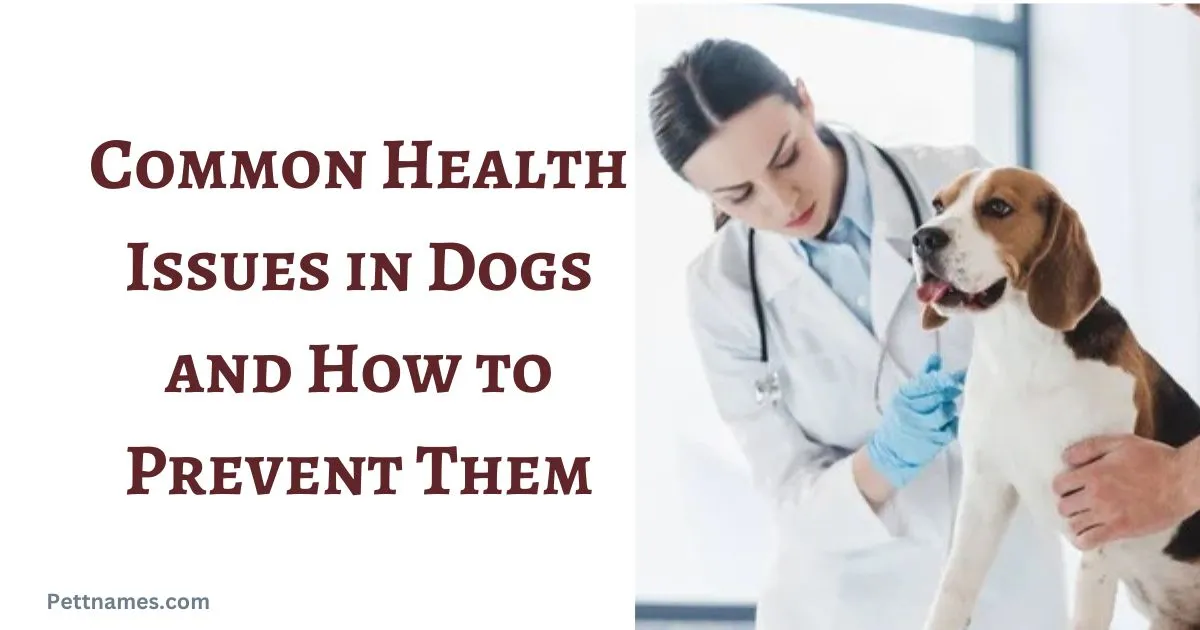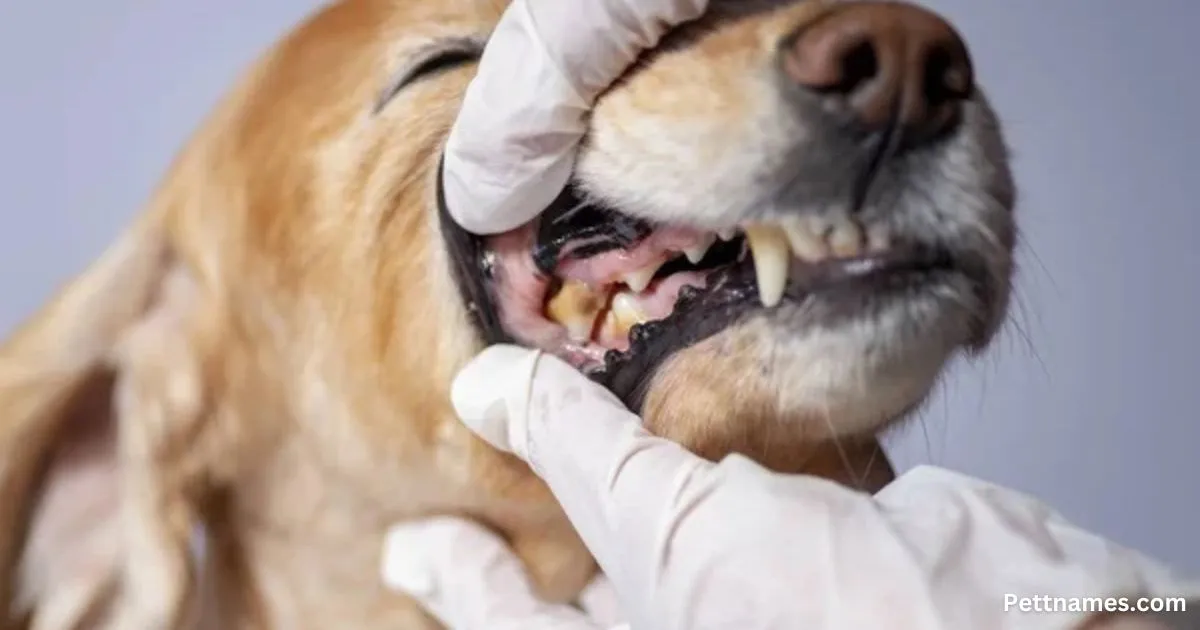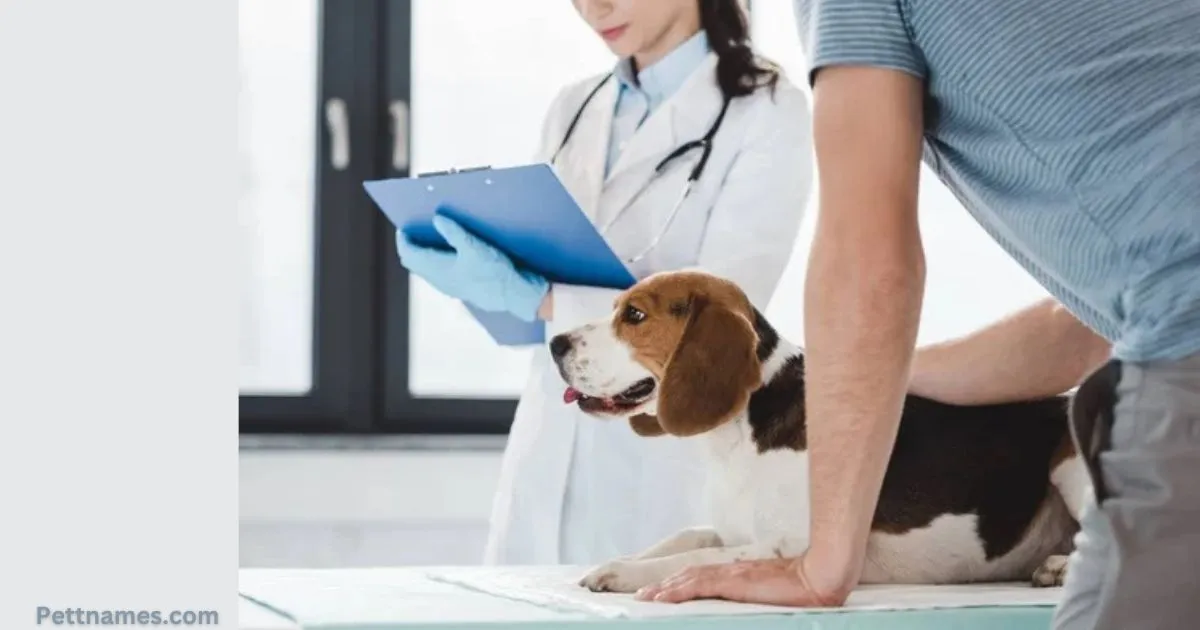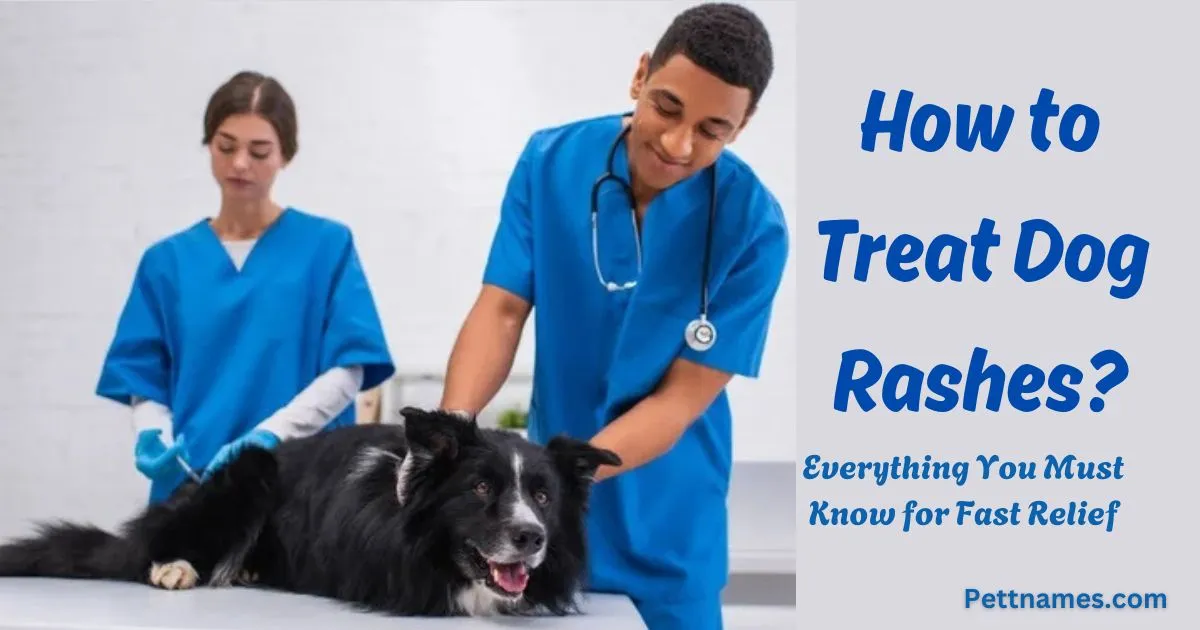Dogs are more than just pets—they’re beloved members of the family. As a dog owner, ensuring your furry friend stays healthy and happy is a top priority. However, dogs, like humans, are prone to certain health issues that can affect their quality of life. From skin conditions to joint problems, understanding these common health concerns and knowing how to prevent them can make all the difference. In this blog, we’ll explore the most frequent health issues in dogs, their symptoms, and actionable tips to keep your pup in tip-top shape.
Common Health Issues in Dogs

Dogs can suffer from a variety of health problems, some of which are breed-specific while others are more general. Here are the most common health issues dog owners should be aware of:
Skin Allergies and Irritations
Symptoms: Itching, redness, hair loss, and hot spots.
Causes: Food allergies, environmental factors (like pollen or dust), or flea bites.
Prevention: Regular grooming, hypoallergenic diets, and flea prevention treatments can help keep your dog’s skin healthy.

Ear Infections
Symptoms: Head shaking, odor, and discharge from the ears.
Causes: Moisture buildup, allergies, or ear mites.
Prevention: Regular ear cleaning and keeping your dog’s ears dry, especially after swimming or bathing, can prevent infections.

Obesity
Symptoms: Weight gain, lethargy, and difficulty moving.
Causes: Overfeeding and lack of exercise.
Prevention: A balanced diet and regular physical activity are key to maintaining a healthy weight.
Dental Problems
Symptoms: Bad breath, swollen gums, and difficulty eating.
Causes: Poor dental hygiene and tartar buildup.
Prevention: Regular brushing and providing dental chews can help keep your dog’s teeth clean.

Joint Issues (Arthritis and Hip Dysplasia)
Symptoms: Limping, stiffness, and difficulty standing.
Causes: Aging, genetics, or obesity.
Prevention: Weight management and joint supplements can help alleviate joint pain and improve mobility.
How to Prevent Common Health Issues in Dogs
Prevention is always better than cure. Here are some proactive steps you can take to keep your dog healthy and avoid common health problems:
Regular Vet Checkups
Annual vet visits are crucial for early detection of health issues. Your vet can also recommend a vaccination schedule tailored to your dog’s needs.

Balanced Nutrition
Choose high-quality dog food that matches your pet’s age, size, and breed. Avoid feeding table scraps or unhealthy treats that can lead to obesity and other health problems.
Exercise and Mental Stimulation
Daily walks, playtime, and interactive toys are essential for your dog’s physical and mental well-being. Exercise helps maintain a healthy weight and reduces stress.
Grooming and Hygiene
Regular brushing, bathing, and nail trimming are important for your dog’s overall health. Don’t forget about dental care—brush your dog’s teeth regularly and provide dental chews.

Parasite Prevention
Fleas, ticks, and heartworms can cause serious health issues. Use preventive treatments year-round and follow your vet’s recommendations for parasite control.
you may also like:
How to treat your Dog tooth abscess simply
Recognizing Early Signs of Health Problems
Early detection is key to managing and treating health issues effectively. Learn how to spot the warning signs:
Behavioral Changes
Lethargy, aggression, or excessive barking can indicate that something is wrong.
Physical Symptoms
Coughing, vomiting, diarrhea, or changes in appetite are red flags that shouldn’t be ignored.
When to Visit the Vet
If your dog shows any unusual symptoms or behaviors, it’s best to consult your vet immediately. Early intervention can prevent minor issues from becoming major problems.

Breed-Specific Health Concerns
Some dog breeds are more prone to certain health issues. Here’s what to watch out for:
Large Breeds (e.g., German Shepherds, Labradors)
Large breeds are often susceptible to hip dysplasia and bloat. Regular exercise and a balanced diet can help mitigate these risks.
Small Breeds (e.g., Chihuahuas, Dachshunds)
Small dogs are prone to dental problems and patellar luxation (knee issues). Regular dental care and weight management are essential.
Brachycephalic Breeds (e.g., Bulldogs, Pugs)
Breeds with short noses often face breathing difficulties and heat sensitivity. Avoid strenuous exercise in hot weather and provide plenty of water.
Read also:
Dog Nail Infections: Causes, Symptomes and treatment
Conclusion: Common Health Issues in Dogs and How to Prevent Them
Your dog’s health is in your hands. By understanding common health issues, recognizing early signs, and taking preventive measures, you can ensure your furry companion lives a long, happy, and healthy life. Regular vet visits, a balanced diet, and plenty of love and care are the keys to keeping your dog in peak condition. Remember, a healthy dog is a happy dog!
Call-to-Action (CTA)
Do you have questions about your dog’s health? Share your concerns in the comments below, or schedule a checkup with your vet today! Don’t forget to subscribe to our blog for more pet care tips and advice.
FAQ: Common Health Issues in Dogs and How to Prevent Them
Dog owners often have questions about their furry friends’ health and well-being. To help you better understand and care for your pet, we’ve answered the top 5 most frequently asked questions about common health issues in dogs and how to prevent them.
1. What Are the Most Common Health Issues in Dogs?
Answer:
Dogs can experience a variety of health problems, but some of the most common include:
- Skin Allergies: Caused by food, environmental factors, or fleas.
- Ear Infections: Often due to moisture buildup or allergies.
- Obesity: Resulting from overfeeding and lack of exercise.
- Dental Problems: Such as gum disease and tartar buildup.
- Joint Issues: Like arthritis and hip dysplasia, especially in older or larger breeds.
Understanding these common issues can help you spot symptoms early and take preventive measures.
2. How Can I Prevent Skin Allergies in My Dog?
Answer:
Skin allergies are a top concern for dog owners. Here’s how to prevent them:
- Regular Grooming: Bathe your dog with hypoallergenic shampoos and brush their coat to remove allergens.
- Flea Control: Use flea prevention treatments to avoid flea bites, a common cause of allergies.
- Diet Management: Feed your dog high-quality, hypoallergenic food to avoid food-related allergies.
- Environmental Control: Keep your home clean and minimize exposure to pollen or dust.
If your dog shows signs of allergies (itching, redness, or hair loss), consult your vet for a tailored treatment plan.
3. What Are the Signs of Ear Infections in Dogs?
Answer:
Ear infections can be painful for dogs. Look out for these symptoms:
- Frequent head shaking or tilting.
- Scratching or pawing at the ears.
- Redness, swelling, or discharge from the ears.
- A foul odor coming from the ears.
Prevention Tips:
- Clean your dog’s ears regularly with a vet-approved solution.
- Dry their ears thoroughly after swimming or bathing.
- Check for ear mites or signs of irritation during grooming.
If you suspect an ear infection, visit your vet for proper diagnosis and treatment.
4. How Do I Help My Dog Lose Weight Safely?
Answer:
Obesity is a growing issue in dogs and can lead to serious health problems. Here’s how to help your dog lose weight safely:
- Balanced Diet: Switch to a high-quality, low-calorie dog food and avoid table scraps.
- Portion Control: Measure your dog’s food and stick to recommended serving sizes.
- Regular Exercise: Take your dog for daily walks, play fetch, or engage in other physical activities.
- Treats in Moderation: Use healthy, low-calorie treats and limit their quantity.
Consult your vet before starting any weight loss plan to ensure it’s safe and effective for your dog.
5. What Are the Best Ways to Prevent Dental Problems in Dogs?
Answer:
Dental health is crucial for your dog’s overall well-being. Here’s how to prevent dental problems:
- Brush Their Teeth: Use a dog-specific toothbrush and toothpaste to clean their teeth regularly.
- Dental Chews: Provide vet-approved dental chews to reduce plaque and tartar buildup.
- Regular Checkups: Schedule annual dental cleanings with your vet.
- Healthy Diet: Feed your dog dry kibble or dental-specific food to promote oral health.
Signs of dental problems include bad breath, swollen gums, and difficulty eating. If you notice these, consult your vet immediately.
Final Thoughts
By understanding these common health issues and taking preventive measures, you can ensure your dog lives a long, happy, and healthy life. If you have more questions or concerns about your dog’s health, don’t hesitate to reach out to your veterinarian.
Call-to-Action (CTA)
Do you have more questions about your dog’s health? Leave a comment below or share your experiences with other dog owners! Don’t forget to subscribe to our blog for more pet care tips and advice.
for more posts please visit at pettnames.com
How to Treat Dog Rashes: What You Need to Know

